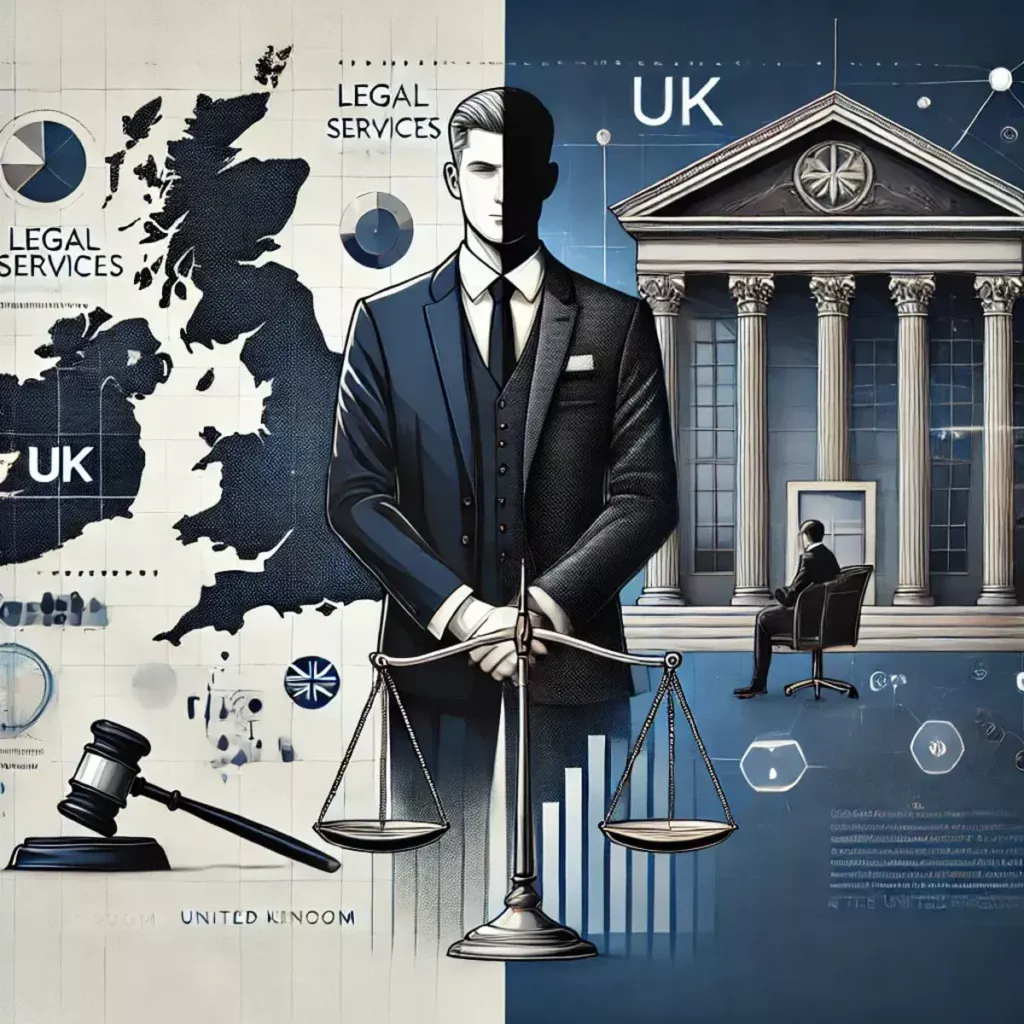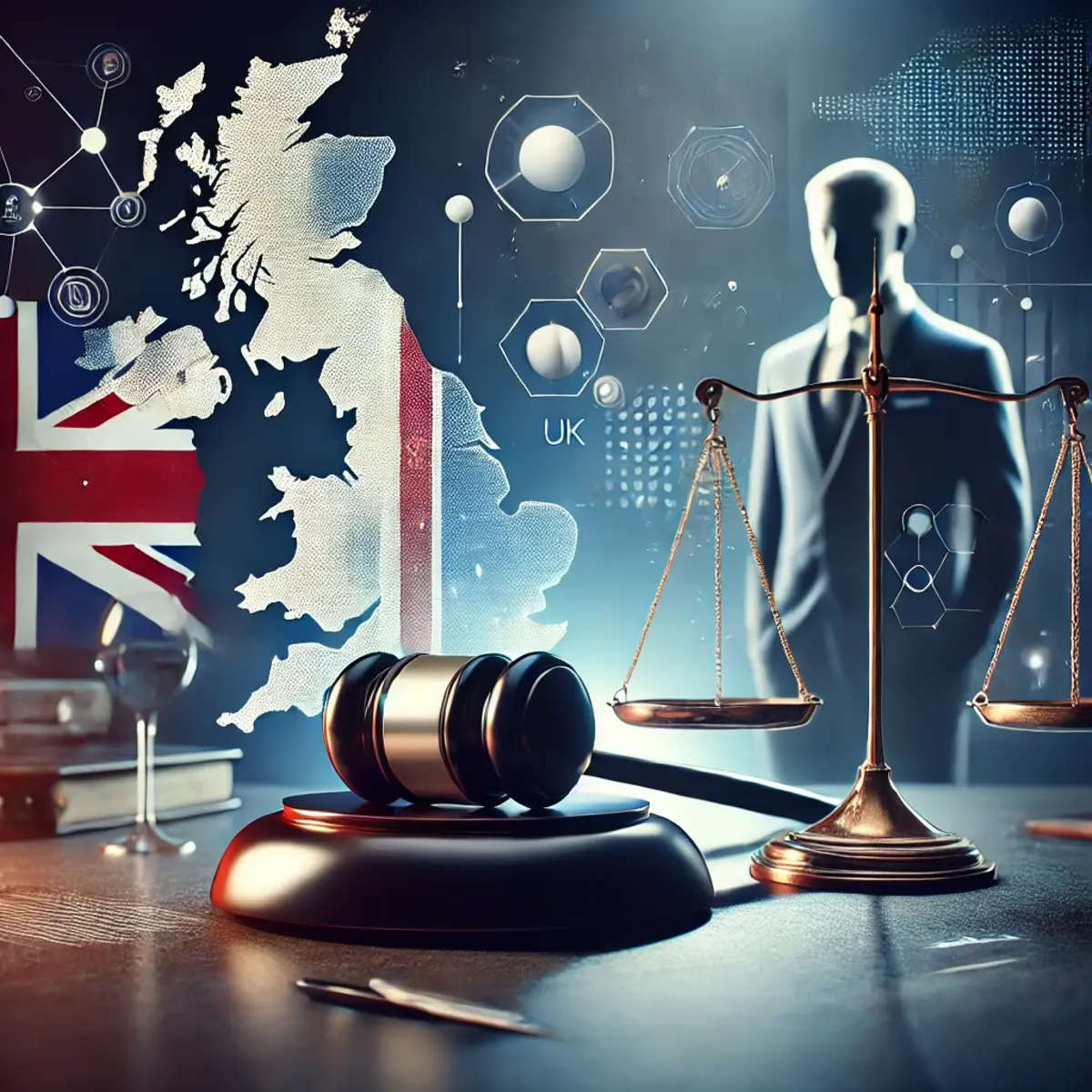Finding the right criminal solicitor can make a significant difference in the outcome of a legal case. Whether you are dealing with criminal charges, need advice on criminal law, or are preparing for a trial, the expertise of a qualified solicitor is crucial. In this guide, we will explore the essential steps to find the best criminal lawyer in the UK, highlighting key factors to consider, such as qualifications, experience, and specializations.
What Should You Look for in a Criminal Lawyer?
The best criminal lawyer in the UK should possess expert knowledge of criminal law and extensive experience in the courtroom. It is important to look for the following qualifications and traits:
- Experience with Criminal Defense: Choose a criminal defense lawyer who has successfully handled similar cases. They will better understand the nuances of your situation, such as dealing with criminal procedure and court hearings.
- Accreditation: Verify if the lawyer is accredited by the Law Society of England and Wales or registered with the Solicitors Regulation Authority. These organizations ensure that solicitors meet professional standards.
- Specialization in Criminal Law: Some solicitors focus solely on family law or other areas, so it is crucial to select one specialized in criminal justice.
- Reputation: Look for client reviews, testimonials, or word-of-mouth recommendations. Reputation plays a vital role in ensuring the trustworthiness and effectiveness of a solicitor.
[Insert internal link: How to Choose a Specialist Lawyer for Criminal Cases]
How Can You Verify a Criminal Solicitor’s Credentials?
Verifying a solicitor’s credentials is essential to ensure they are licensed and experienced. Here are the steps to follow:
- Check Registration: Visit the Solicitors Regulation Authority (SRA) website to confirm whether the lawyer is registered and in good standing.
- Look for Relevant Cases: Review the lawyer’s past cases and assess their experience handling cases similar to yours.
- Courtroom Presence: A skilled solicitor should have experience appearing in the High Court of Justice or other relevant courts.
- Legal Ethics Compliance: Ensure that the solicitor follows ethical guidelines and has no history of misconduct or complaints against them.
[Insert external link: Check a Solicitor’s Status on the SRA Register]
Why Is Specialization Important in Criminal Law?
Specialization ensures that a solicitor stays updated with evolving laws and practices. A lawyer who focuses on criminal defense will be well-versed in public law, common law, and legal procedures, making them better equipped to:
- Handle complex cases involving criminal justice and national security.
- Defend clients in cases involving misconduct, crime, or copyright infringement.
- Provide expert legal advice on criminal procedure and trial preparation.
For instance, if you face serious allegations, you may need a barrister specializing in criminal law to represent you in court. Their expertise can significantly impact the outcome of your case.
How Much Does a Criminal Solicitor Cost?
The cost of hiring a criminal solicitor can vary based on several factors:
- Complexity of the Case: More complex cases, such as those involving multiple charges or severe penalties, require more time and expertise, leading to higher fees.
- Solicitor’s Experience: Solicitors with extensive experience or a strong reputation may charge higher fees.
- Legal Aid: Depending on the nature of your case and your financial situation, you may qualify for legal aid, which helps cover some or all of the legal costs.
Always discuss fees upfront and request a clear estimate to avoid unexpected costs.
What to Expect During Your First Consultation
During the first consultation, a solicitor will assess your situation and provide initial legal advice. Here’s what you can expect:
- Case Evaluation: The solicitor will ask about the charges, evidence, and your goals for the case.
- Legal Strategy: You’ll receive preliminary advice on the best legal strategy, including whether to proceed to trial or negotiate a plea.
- Next Steps: The solicitor will outline the necessary steps, such as gathering evidence, interviewing witnesses, or attending court hearings.
Prepare a list of questions to make the most of your consultation. For example, you might ask about their experience with similar cases or their success rate in criminal defense.

How to Ensure Effective Communication with Your Lawyer
Effective communication is essential for a successful attorney-client relationship. Here are some tips to maintain clear and open communication:
- Regular Updates: Ensure that the solicitor provides timely updates about your case progress.
- Multiple Contact Options: Choose a solicitor who is easily reachable via email, telephone, or in person.
- Ask Questions: Don’t hesitate to ask questions if you need clarification about the legal process or specific actions.
Clear communication helps build trust and ensures that you are well-prepared for each step of the legal proceedings.
Finding the right criminal solicitor in the UK requires careful consideration of several factors, including experience, specialization, and reputation. Verify credentials through the Solicitors Regulation Authority and choose a lawyer with expertise in criminal defense. Clear communication and a well-structured legal strategy are essential to ensure a favorable outcome. Use this guide as a starting point to find the best criminal lawyer who meets your specific needs.
For more detailed information, Which Level of Government Writes the Majority of Criminal Laws?

Jonathan Hartley is a highly regarded senior criminal lawyer with over 15 years of experience in the UK legal system. He began his career at a prestigious law firm in London, where he specialized in both defense and criminal law. Known for his ability to craft compelling defense strategies, Jonathan has successfully represented clients in high-profile cases and earned multiple awards for his contributions to the field of law.
In addition to his legal practice, Jonathan is also an accomplished legal writer, contributing articles to top legal blogs and online platforms. His work not only provides valuable insights into legal matters but also meets Google’s E-E-A-T standards by delivering accurate, reliable, and trustworthy information to readers. Committed to legal ethics and public welfare, Jonathan actively participates in discussions on law and justice while educating the public through his writing.










